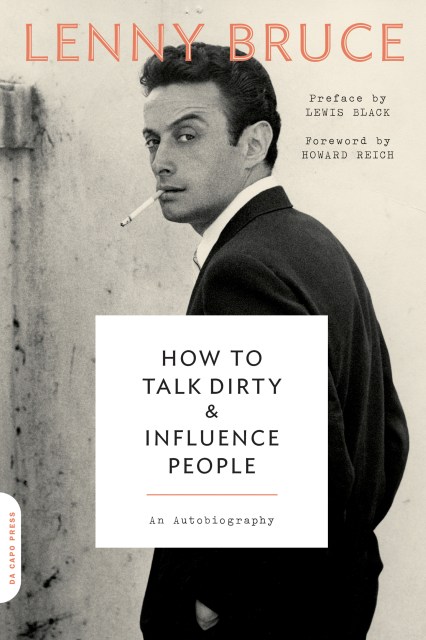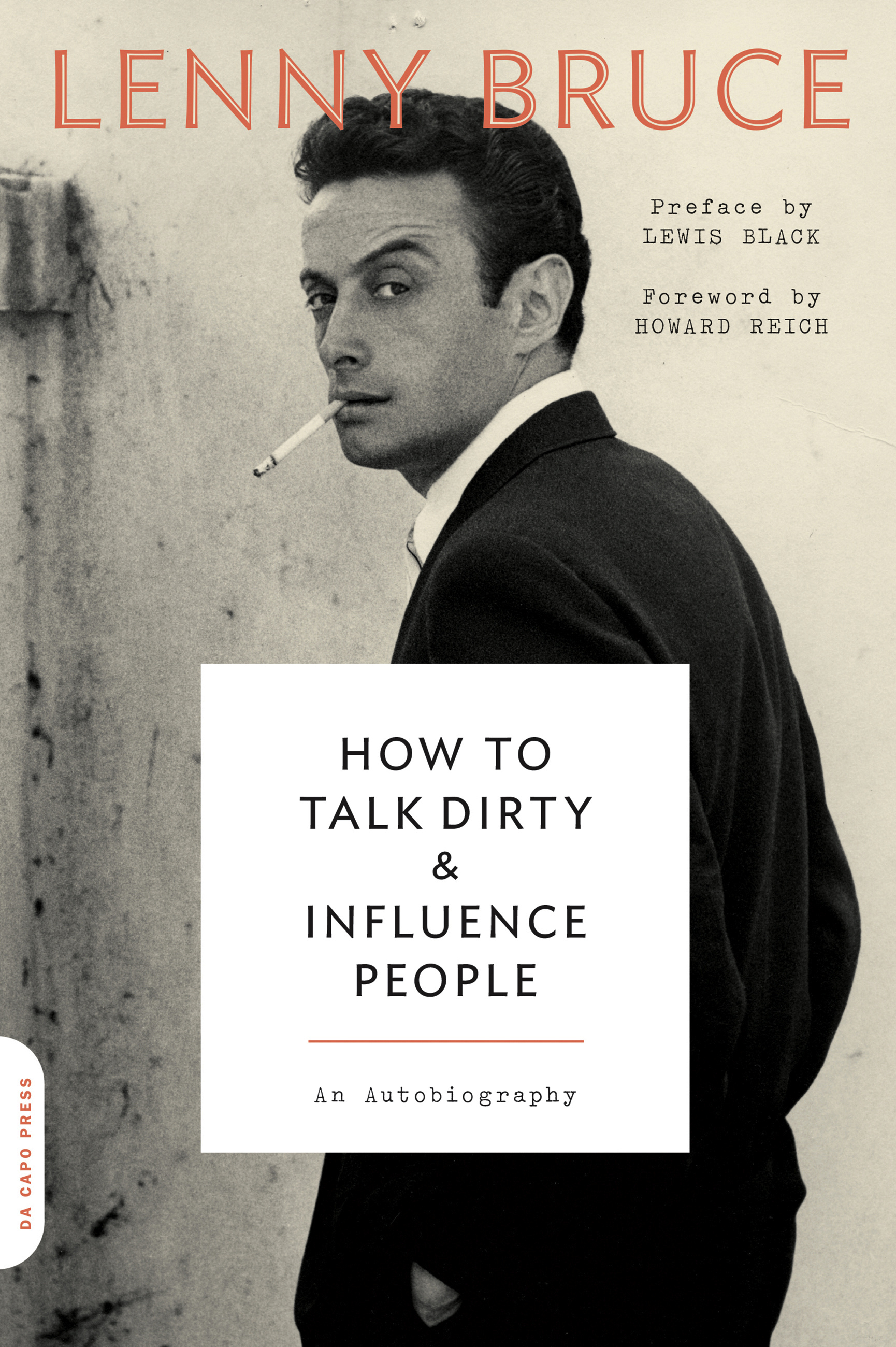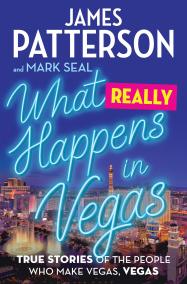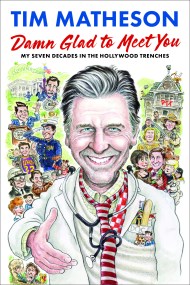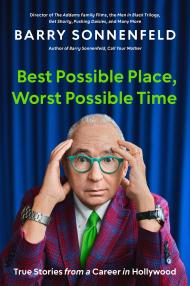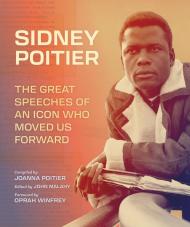
How to Talk Dirty and Influence People
An Autobiography
Contributors
By Lenny Bruce
Preface by Lewis Black
Foreword by Howard Reich
Formats and Prices
Price
$18.99Price
$23.99 CADFormat
Format:
- Trade Paperback $18.99 $23.99 CAD
- ebook $9.99 $12.99 CAD
- Audiobook Download (Unabridged)
- Audiobook CD (Unabridged) $30.00 $39.00 CAD
Also available from:
Although Bruce died when he was only forty, his influence on the worlds of comedy, jazz, and satire are incalculable. How to Talk Dirty and Influence People remains a brilliant existential account of his life and the forces that made him the most important and controversial entertainer in history.
-
Praise for How to Talk Dirty and Influence People
"I read this book for the first time when I was twelve years old. It made me want to be in showbiz, have a lot of sex, and be Jewish. I've rethought that last one."—Penn Jillette, author of God No!
"If there was a God, then he sent down Lenny Bruce to create the art form of modern stand-up comedy. He sought the truth fearlessly and hilariously until his tragically muffled First Amendment rights surely enabled his dying for our sins."—Richard Lewis, author of The Other Great Depression
Playboy, 8/3/16
“Outside every American comedy club there ought to be a statue of Lenny Bruce—the type of big bronze statue that commemorates and immortalizes heroes…Bringing Bruce's ideas and stories to a new generation might just be the next best thing to erecting those bronze statues.”
Spectrum Culture, 10/11/16
“Sheds light on the mind behind some of the most controversial comedy routines of the mid-20th century.”
- On Sale
- Aug 2, 2016
- Page Count
- 240 pages
- Publisher
- Da Capo
- ISBN-13
- 9780306825293
Newsletter Signup
By clicking ‘Sign Up,’ I acknowledge that I have read and agree to Hachette Book Group’s Privacy Policy and Terms of Use
